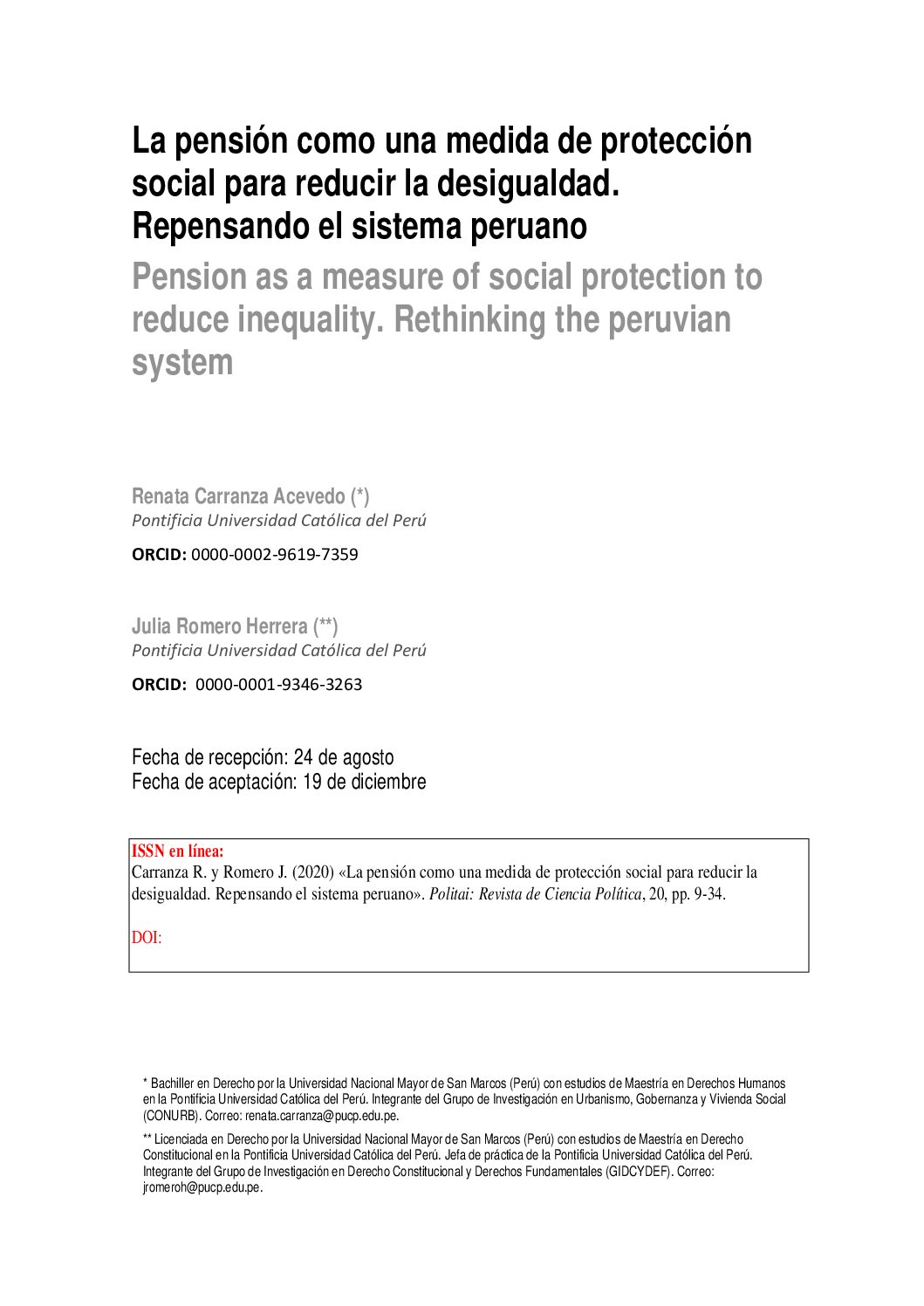Programas sociales, superación de la pobreza e inclusión laboral. Aprendizajes desde América Latina y el Caribe
Por Karen Castellanos Molina (Fundación Universitaria Católica del Norte)
En este artículo se presenta la reseña del libro: Programas sociales, superación de la pobreza e inclusión laboral.
Aprendizajes desde América Latina y el Caribe, el cual fue escrito en el marco de las actividades del proyecto sobre educación y capacitación técnico-profesional para una mayor igualdad en América Latina y el Caribe, liderado por la CEPAL (Comisión Económica para América Latina y el Caribe) y el Gobierno de Noruega.
En esta reseña, se hace alusión a los cuatro capítulos del libro, en donde se abordan tres tipos de programas de protección social no contributiva, y se muestran unas conclusiones en las que se exponen las orientaciones y retos que surgen para la región, con el fin de superar la pobreza y favorecer la inclusión laboral.
Fuente Reflexiones & Saberes











